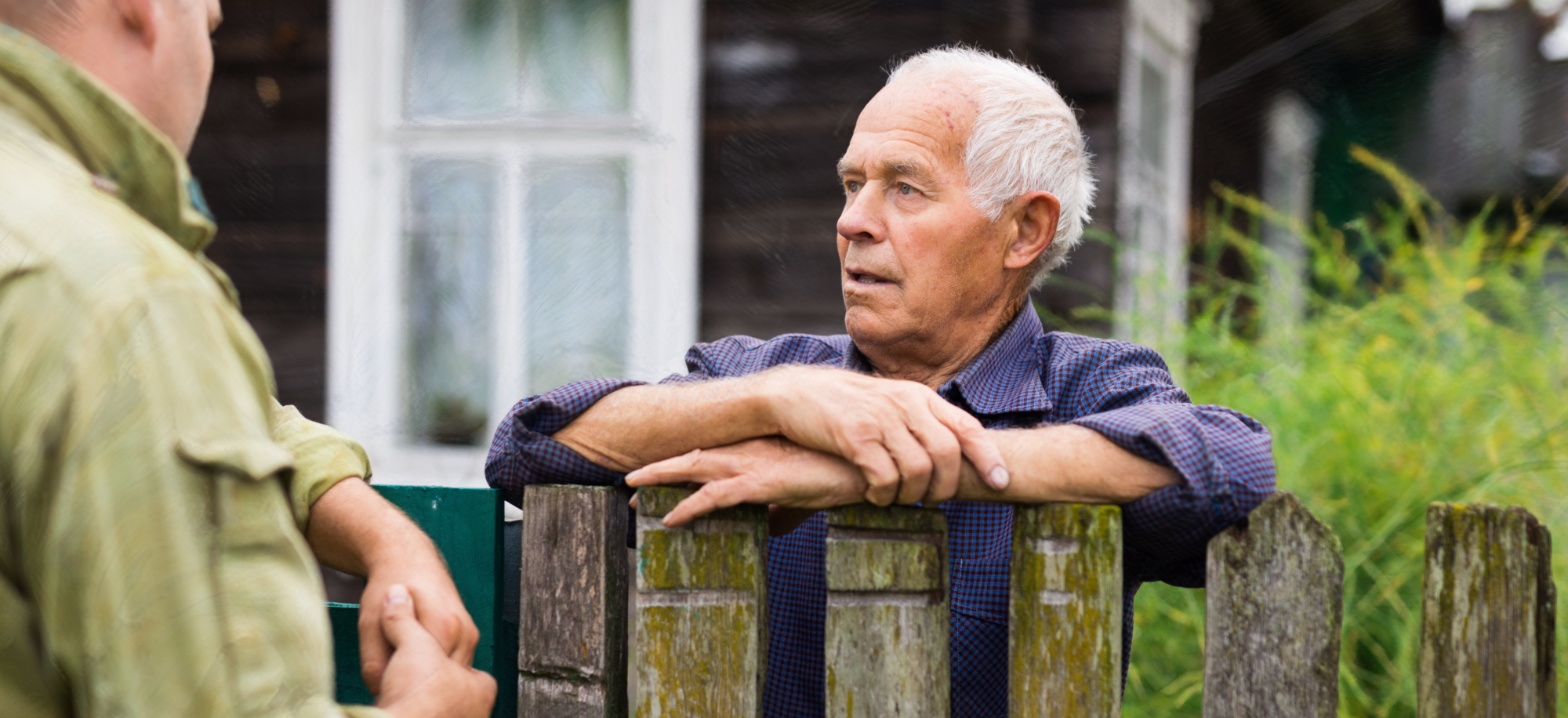Last month, one of our forum members posted a question that resonated with many other loss survivors. She asked:
“I know everyone grieves at their own pace, but I would love to know when it might start slipping into the background of my life vs. right in front of my face every second. My counselor said two years is normal. Would anyone be willing to share their experience?” ~Reluctant Widow
I was happy to share my experience with her. It’s a bit unusual. I’ve gone through my own losses – some more traumatic and profound than others – and have trained and worked as a trauma and loss counselor – eventually interacting with thousands of suicide loss survivors, in person, and through the Alliance of Hope Forum.
I’m glad that Reluctant Widow asked people to “share their experience” because, in reality, we are each sharing only that – our own unique experiences. I believe one’s experience of grief is influenced by a number of variables, including but not limited to:
• one’s own emotional makeup
• one’s relationship to the deceased and the importance of that relationship
• one’s sense of connection with the deceased in a spiritual realm
• circumstances around the suicide: public, private, media, finding the body, witnessing, etc.
• the quality and quantity of family and community support
• the existence and severity of secondary wounds and relationship difficulties
• the existence of other stressors (financial, health, employment, child-rearing, etc.)
• the training and expertise of mental health professionals, if providing support
• the use of adjudicative healing tools like yoga, meditation, being in nature, etc.
• and lastly — the way we think and speak about our loss and the possibility for our future
A couple of years ago, Jan McDaniel wrote something that resonated deeply with many people. To paraphrase, she wrote that while she had never wanted her husband’s suicide to define him, she had somehow allowed it to define her. That realization allowed her increased freedom to create a new life, outside of the role of suicide widow. Jan’s inspiring essays are on our Blog.
Fifteen years ago, when I created the Alliance of Hope, I wanted to change the culture that surrounded survivors of suicide loss. Back then, the predominant conversation in the culture of many support groups and much of the survivor literature, was: “You never get over it. You just learn to live with it. You’ve joined the club no one wants to join.” I understood the devastating loss that inspired those words. Yet it troubled me to see new survivors who were so raw in their grief, met with these statements by well-intended volunteers because those statements created a very limited possibility for the future.
I have preferred the statement “forever altered.” It’s less limiting. Woven into our culture here at the Alliance of Hope, are the words, “forever altered, able to survive and even eventually go beyond just surviving.” That can be exceptionally hard to believe in the beginning, because in the initial aftermath of suicide, survivors are hijacked out of life.
The vast majority of loss survivors are powerful and functional people who have been brought to their knees by horrific, traumatic loss. They are catapulted onto a journey – not of their own choice – and understandably, they struggle to find a way forward. As time goes on, they take ground inch by inch. We often do not realize that we are moving forward, until we meet someone newer on the journey and recall how we felt in the very beginning.
I think it is important to mention that the “club no one wants to join” is also one that is filled with amazing people. In the course of surviving, people develop wisdom about life and what it means to be a human being who loses someone they love to suicide. They develop the ability to distinguish what is important and what is not. And they develop a compassion for others that is truly remarkable.
So, to end by going back to Reluctant Widow’s original question. I don’t know how long it will be. I do know that the context of “journey” is empowering. I can do the work that I do because I see people at the very beginning of their journey and further on. Time on the journey is a factor, but what you do with that time, and what you believe is possible, make all the difference in the world.
Blessings,
Ronnie




